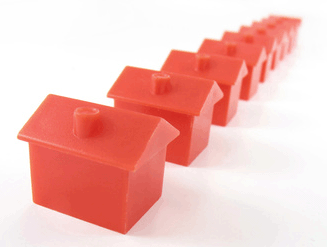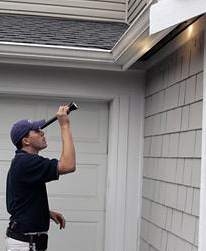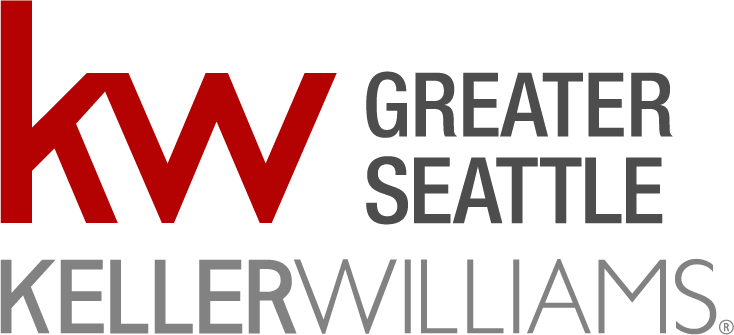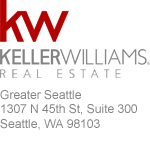Condo HOA News, Tips and Updates

The Washington State Legislature is currently considering two bills that will affect condo owners and their associations. As reported by the Washingston State CAI, SB 5223 and HB 1309, would encourage HOA’s to establish an account for maintenance and repairs identified from a reserve study and require disclosure to owners regarding reserve studies with the annual budget summary.
Additionally, SB 5224 would seek to increase the maximum fee of the condominium Resale Certificate from $150 up to $275. The Resale Certificate, which is paid for by condo sellers, is provided to the buyer for their review during the purchase process. It includes documents related to the association including budget & financial statements, insurance information, reserve study report, CC&Rs, declarations, bylaws, rules and regulations and association minutes. Virtually every HOA management firm currently charges the maximum of amount of $150 so it’s foreseeable they will assess the maximum $275 fee once the law is enacted, which is an obscene amount for a resale certificate.
Here are a few excellent condo owner and association tips and advice articles from local condo/HOA attorneys and the Washington State chapter of the Community Associations Institute.
Reserves: “The Big Six”, from the WSCAI
A typical condominium Reserve Study has 30 to 50 components that meet the criteria for reserve funding, with their associated expenses occurring at varying intervals throughout the 30-year study period. Planning for this somewhat complicated array of expenses can much more easily begin by simply focusing on the “The Big Six” as they apply to your community. Put together a solid funding plan for these components and you’re likely to avoid special assessment and the myriad of problems that come with it.
Reserve Contributions, from the Condo Law Group
Most condo boards, managers, and reserve study professionals do not understand that the “fully funded balance” is not directly related to the “contribution rate”, and that the “contribution rate” calculation required by the Washington condominium act has nothing to do with being fully funded.
Why it’s Important to Act Quickly on Delinquencies, from the Condo Law Group
There are many reasons why it is important that associations act quickly when an owner falls behind on their dues. There are also many competing factors which tempt boards or board members not to do so. For example, many board members feel a conflict between their duty to act in the best interest of the association, and their desire to be a “good neighbor.” It’s a tough decision to make, taking aggressive action when a homeowner falls behind on their dues.
How to Collect Unpaid Assessments or Dues from Banks After Foreclosures, from Kevin Britt, a Seattle condo attorney
Many community associations have discovered in recent months that many banks’ preferred practice is to foreclose and then refuse to pay any pre-foreclosure delinquency or post-foreclosure assessments until the property is re-sold.








Ben…
Do you answer questions about condo association…
Regarding 5 Unit condo self managed.. with outside bookkeeper for bill paying
1.Regarding Officier of the board… Can, a homeowner of one unit (2 people)
Hold three Title 1.Secretary 2. President is also Treasurer
If this is not something you can help with, please let me who might be able too..
Josie L
Chilberg Condo
Nov 19th 201
Hi Josie,
Great question. Here are some resources – they should be able to assist:
CAI WA State Chapter: http://www.wscai.org/link/linkshow.asp?link_id=5379
Or Condo attorneys:
Kevin Britt: http://www.seattlecondoattorney.com/
Condo Law Group: http://condolaw.net/